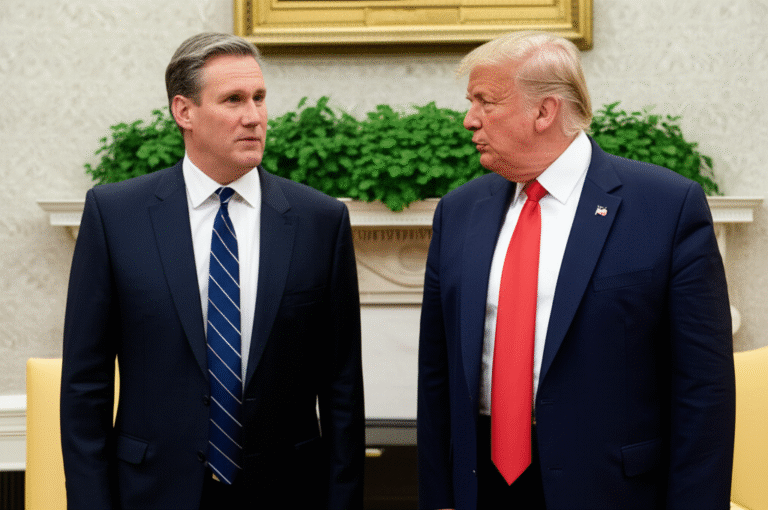
Background of the UCLA Settlement Proposal
In recent developments, the Trump administration has reportedly presented a series of stringent and controversial demands to the University of California, Los Angeles (UCLA) as part of a proposed settlement. These demands have raised eyebrows among education experts, legal analysts, and university officials, who describe them as unusually harsh and potentially detrimental to the institution’s autonomy and mission.
UCLA, a leading public research university known for its diverse student body and academic excellence, has been engaged in ongoing discussions with federal authorities regarding a settlement. While the specific details of the underlying dispute remain limited in public disclosures, the nature of the administration’s demands has become a focal point of concern.
Details of the Administration’s Demands
According to reports, the Trump administration’s proposed settlement includes a range of conditions that UCLA officials characterize as “absurd” and excessively punitive. These demands reportedly extend beyond typical settlement terms, encompassing operational restrictions and compliance measures that could impact UCLA’s governance and academic programs.
While the exact stipulations have not been fully disclosed, insiders suggest that the administration is seeking assurances and policy changes that may interfere with UCLA’s established practices, particularly those related to admissions, diversity initiatives, and faculty governance. The administration’s approach has been described by some observers as part of a broader pattern of increased federal scrutiny and intervention in higher education institutions.
Why These Demands Matter

- Institutional Autonomy: Universities like UCLA value their independence in setting policies and academic standards. Imposing external demands risks undermining this autonomy.
- Impact on Diversity and Inclusion: Given UCLA’s commitment to fostering a diverse campus community, any federal conditions affecting admissions or related policies could have significant social and educational repercussions.
- Precedent for Other Institutions: The outcome of this settlement may influence how other universities are treated in similar federal disputes, potentially reshaping the landscape of higher education governance.
Context: Federal Relations with Higher Education
The Trump administration’s approach to higher education has often been marked by heightened enforcement of regulations and critical oversight, especially concerning affirmative action policies and federal funding conditions. This context is essential to understanding the dynamics at play in the UCLA settlement discussions.
Throughout its tenure, the administration has challenged certain diversity policies, arguing for stricter interpretations of federal laws and emphasizing merit-based admissions. These policy stances have led to legal battles and administrative actions involving multiple universities nationwide.
UCLA’s Response and Stakeholder Perspectives
University officials have expressed frustration and concern over the administration’s demands, emphasizing the potential negative effects on UCLA’s operations and reputation. Faculty members and student groups have also voiced apprehension, highlighting the importance of maintaining the university’s values and commitments.
Advocates for higher education autonomy argue that excessive federal intervention threatens the ability of institutions to serve their communities effectively and uphold academic freedom. Conversely, some policymakers support rigorous enforcement to ensure compliance with federal laws.
Looking Ahead: Potential Outcomes and Implications
The negotiations between UCLA and the federal government remain ongoing, with both sides reportedly engaged in dialogue to reach a resolution. The final terms of any settlement will likely have lasting implications for UCLA and possibly other universities facing similar challenges.
Observers note that a balanced approach, respecting institutional autonomy while ensuring legal compliance, will be critical to preserving trust and cooperation between federal authorities and educational institutions.
As this situation develops, stakeholders across the education sector are watching closely, recognizing the broader significance of how government policies intersect with university governance and student experiences.
About the Source
The initial report on this matter was highlighted by Ja’han Jones, an MSNBC opinion blogger and multimedia producer with a focus on culture and politics. Jones has previously contributed to The ReidOut Blog and developed projects such as “Black Hair Defined” and the “Black Obituary Project,” reflecting his engagement with social issues and cultural narratives.
Source: Trump admin reportedly issues absurd demands to UCLA for proposed settlement






